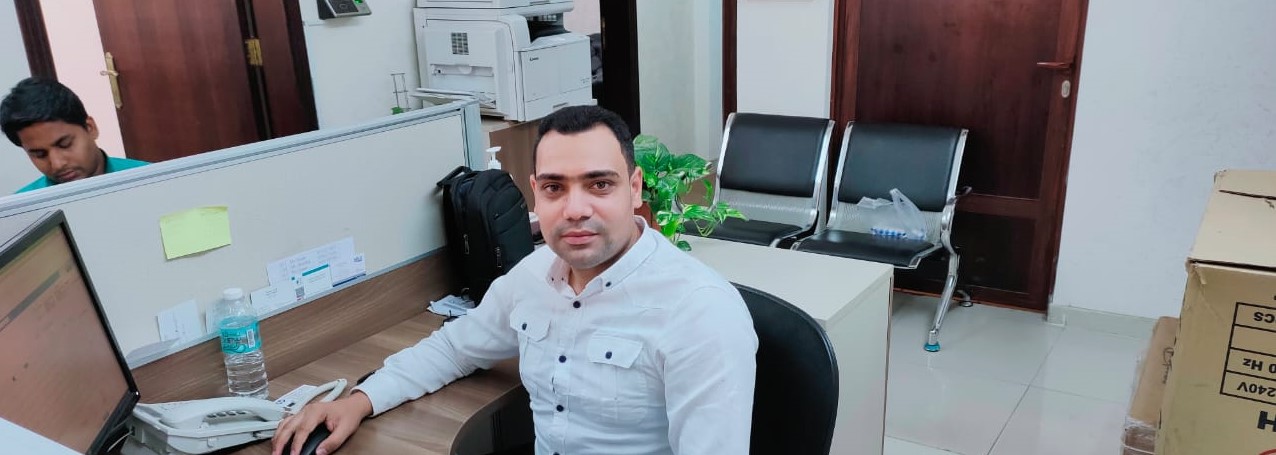Our Employees الموظفين
Our Employees الموظفين











Employees are valuable resources for the company. They are the key engine that drives business growth toward our corporate goals. Therefore, WGE is committed to managing Trading in alignment with the overall corporate strategy by setting the following Trading Business policy and management approach:
Our Priorities-صحة الموظف وسلامته ، والتنوع واحترام حقوق العمال هي أولويات أجندة الاستدامة المتعلقة بالموظفين. نعمل أيضًا على تطوير موظفينا باستمرار ، وهو أمر ضروري في بيئة تنافسية للغاية وسريعة التغير
Employee health and safety, diversity and respect for labor rights are the priorities of our employee-related sustainability agenda. We also work to continually develop our employees, which is essential in a highly competitive and rapidly changing environment.
WGE Skills and characteristics of a good employee
Both soft skills and technical skills, or hard skills, are equally important in an employee. Soft skills include the social expertise, personality and character makeup, communication skills, emotional intelligence, influence, and approach to work that an employee shows.
These serve to complement the hard skills – those abilities that have been learned and can be measured and quantified – and can make an employee more of an asset to a company.3
Here are some of the top skills and characteristics of a good employee:
- Knowing the why, as well as the what. Good employees know the reason why their job exists, above just knowing how to do their job. This allows them to come up with new suggestions and ideas to improve their tasks
- Professionalism. Being polite, well-spoken, calm, and presentable is all part of being professional at work
- Honesty and integrity. Telling the truth about tricky subjects, such as workload, work/life balance, difficult customers or colleagues, and ineffective procedures makes for a good employee
- Innovative ideas. Employees who bring innovative ideas and suggestions forward that will impact positively are an asset to a company. Stagnation and complacency are the enemy of growth
- Problem-solving abilities. Employees who work on something until it’s solved, or complete, and who bring their best efforts to solve problems are considered good employees
- Ambitious. When employees have a clear, personal career plan or goal in mind, they’re not under the assumption that their employer will drive their career for them, so they strive for advancement
- Dependability, reliability, and responsibility. Employees who take responsibility for their actions, are dependable, arrive on time, do what they say, and don’t let the others in their team down, are highly valued employees
- Conflict resolution. Good employees address and resolve conflict maturely, rather than trying to avoid it, by maintaining respect for those involved, not placing blame, and not acquiescing just to keep the peace
- Positive attitude. Employees who bring a positive attitude to work have a positive impact on those around them and improve the energy in the team
- Emotional intelligence. Emotional intelligence (EQ) is about being mindful of one’s own state of emotions, as well as those in the team. Knowing how to manage these well is an important key to being a good employee
- Teamwork. The ability to work with other people in a team, by fostering relationships in a professional manner, in order to achieve a common goal, is an asset to any company
- Willingness to learn. Hard skills attained through education are not enough for good employees – they’re open minded to new ideas, and they share their thoughts and personal insights with the team.
- Creativity. Not all people are born creative, but creativity is a skill that can be learned through experimentation, imagination, questions, collaboration, and information processing
- Generosity. Good employees coach and mentor those around them. They generously share their experiences and expertise. They understand that knowledge is only power when it’s shared with others